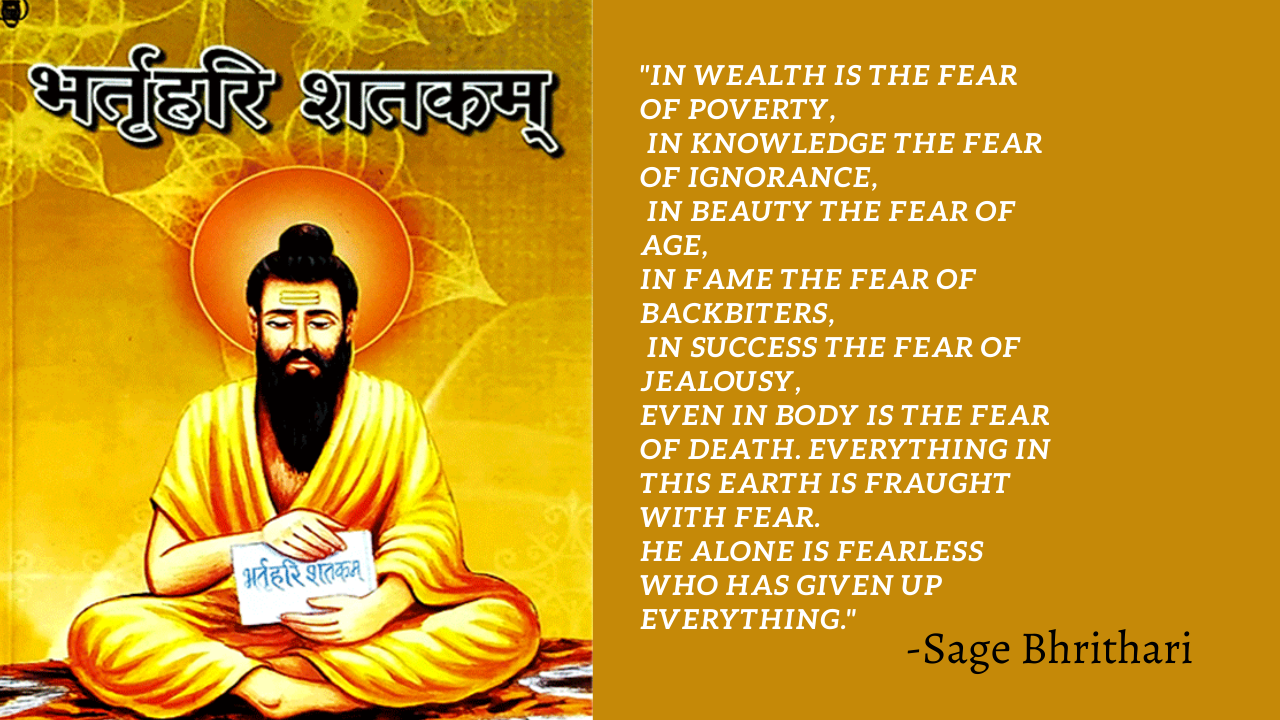How To Negotiate in A Conflict of Argument? The Art of Constructive Debate.
Have you ever thought what's the best sign of an ideal society?
The foremost mark of a paragon society is Unity - Ekta. By unity, I refer to that unity which in a Sanskrit Shloka is defined as
"Sam Gachadhvam, Sam Vadadhvam, Sam Vo Manansi Jaanatam"
- meaning, unity in action, unity in speech and unity in ideas and core values.
Now it is very important to understand HOW exactly can we strive to become this type of society.
In past, many many politicians have tried to achieve this social state. But most of them failed because they forced sameness of things to their citizens. For example, in North Korea you can have only limited haircut styles approved by its tyrannt dictator. In China, the regime is so strict and monotonous that it entirely lacks the beauty of diversity and has become colourless and dreary.
So, then what does Unity mean if it isn't "sameness in everything"?
A renowned thinker, Voltaire has something amazing to say :-
"At times, I may not agree with you, but I will defend till my death your right to say it."
Hence, we now get hint of what actually unity means. It is an all-embracing inclusion of various people with various ideas and ways, regardless of the internal differences.
How sweet this idea is. But this medicine is a bit bitter to swallow in real life. There are disagreements regarding literally everything. Difference of opinions, ineffective ways of debating and negotiating them, finding common ground of interests and mutual gains - is a task so herculian, we have an entire set of people, called the DIPLOMATS, to solve them.
How are diplomats all around the world solving international disputes? How do they deal effectively with wrangles related to trade, commerce, geopolitics so easily in so much pressure from politicians and citizens?
In today's blog, we shall attempt to find a way to put our core values and ideas to the table, and negotiate with people with opposite ideas, to get maximum out of it. Basically, we'll see how to debate constructively - which even sometimes politicians in Lok Sabha meetings fail to do!
With us, will be the brilliant tips of Dan Shapiro - A Harvard Negotiator, and a man with great vision for the integrity of an ideal society.
Lets hear from him, to learn, How to argue?
Shapiro :-
"Have you ever fell into a conflict? A conflict which is emotionally so aggrevating at its core, so frustrating, it felt just nonnegotiable?
Well, congratulations, you're a human being. We all experience conflict in our lives. Conflict is useful. The question is, how do you deal with conflict the most effectively?
The problem is not with the WHAT, what are we arguing about, the problem is with the HOW.
How to argue effectively?
What I've found is that there are three big barriers that we can actually overcome to have more effective conversations. The big things, one, identity, two, appreciation, and three, affiliation. Let's start with identity.
Why do we get so emotional in these conflict situations? It often goes back to something deeper: identity. What are the core values, the core beliefs that are feeling threatened inside of you as you're having that conversation with the other side? The moment your identity gets hooked in these conflicts, all of a sudden your emotions become 100 times more powerful. Boy, this is a wholly different conflict now. It's now your pride. Your sense of self is on the line.
You need to know who you are and what you stand for. What are the values and beliefs that are driving me to fight for this stance on this issue? The more you understand who you are, the more you can try to get your purpose met and stay balanced, even when the other threatens those core values and beliefs.
Therefore, be firm in the core values you stand for.
'.. But, listen and understand.'
Each side wants to feel appreciated, and yet the last thing they want to do is to appreciate the other side. That's a problem.
When you're in the midst of the conflict, don't talk. Take the first 10 minutes. Consciously listen to the other side. What's the value behind their perspective? What's the logic, the rationale? Why do they hold this perspective on immigration or healthcare? Once you truly understand and see the value in their perspective, let them know I hear where you're coming from, and you know what? That makes sense. There is nothing more in the world that we like than to feel appreciated. Recognize your power to appreciate them.
Third, affiliation. What's the emotional connection like between you and the other side? We typically approach these conflict situations as me versus you. My opinion on healthcare versus yours, my party's perspectives on immigration versus yours. That's just gonna leave the two of you like rams butting heads.
Hence, find common ground. Argue as it you and the other side are partering to solve a shared problem.
Now, you put these three things into practice, it can transform your relationships. Imagine what would happen if we started a revolution, but a positive revolution of greater understanding, greater appreciation, greater affiliation, how we could transform politics, how we could transform our country and ultimately our world. I believe it's possible, but it starts with each one of us."
Truly, by arguing and negotiating more calmly, courteously and elegantly - we can achieve amazing integrity within the society!
Thanks,
Daksh Parekh.



Comments
Post a Comment